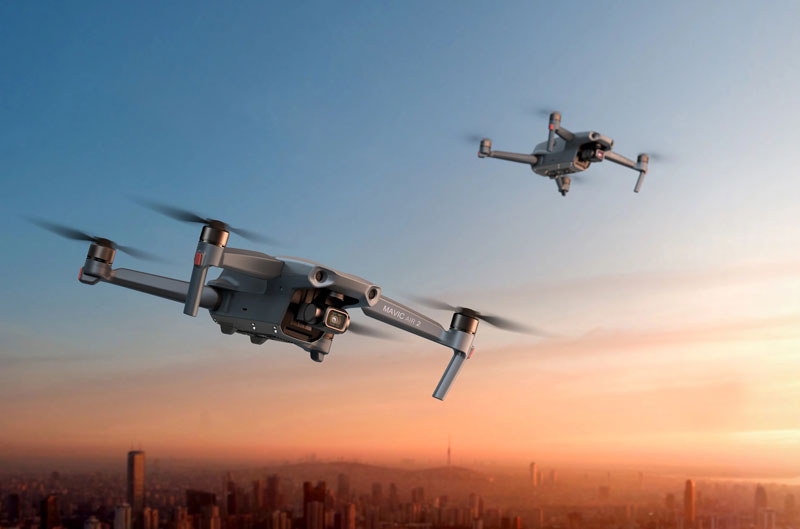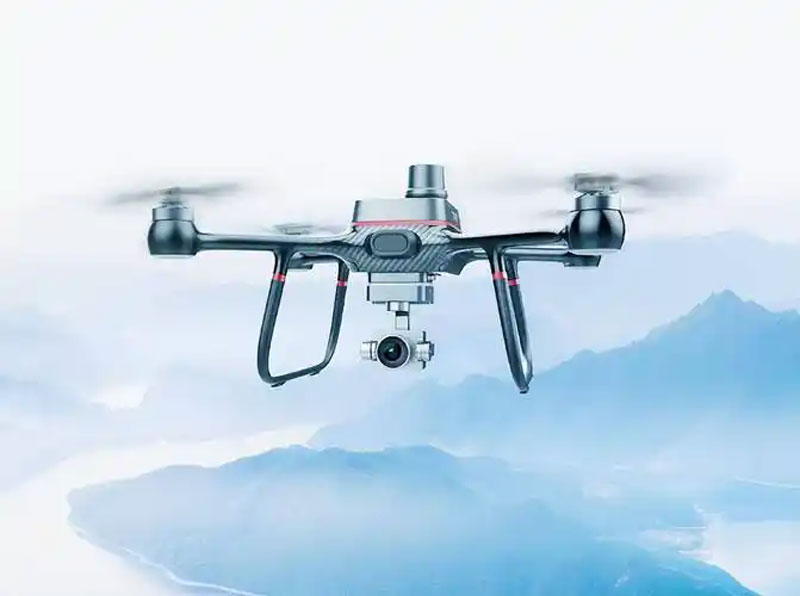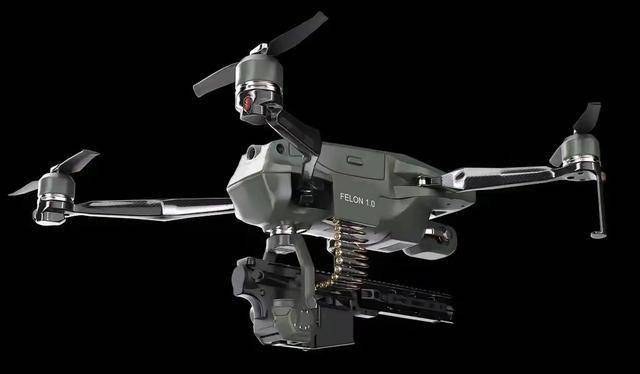The evolution of drone plane technology has significantly transformed various industries, marking a new era of innovation and efficiency. Drone planes, also known as unmanned aerial vehicles (UAVs), are increasingly utilized in sectors ranging from agriculture to delivery services, enhancing capabilities and operational efficiency. Not only do these technological marvels offer unprecedented access to remote areas, but they also provide unique advantages in terms of cost-effectiveness and safety.
The Evolution of Drone Planes
Initially, drone planes were developed for military applications, offering strategic advantages in reconnaissance and combat operations. However, the versatility and potential of UAVs soon extended beyond the battlefield. Today, they are instrumental in disaster response, law enforcement surveillance, and even archaeological explorations. This technological shift is largely driven by advancements in machine learning and artificial intelligence, enabling drones to operate with increasing autonomy and precision.
Applications in Agriculture
Agriculture is one of the primary beneficiaries of drone plane technology. These UAVs facilitate precision farming, where farmers can monitor crops, assess soil conditions, and manage resources more efficiently. By using sensors and cameras, drones provide high-resolution imagery that helps identify stressed crops and optimize irrigation systems. This proactive approach not only maximizes yield but also minimizes environmental impact by reducing chemical overuse.
Enhancing Delivery Services
The logistics and delivery industry is experiencing a transformative shift thanks to drone planes. Companies like Amazon and UPS have invested heavily in drone technology to expedite last-mile delivery services. With their ability to bypass traffic and navigate directly to destinations, drones offer a fast and reliable delivery method. This innovation is expected to revolutionize the e-commerce sector, providing customers with rapid service and reducing the carbon footprint associated with traditional delivery methods.
Improving Environmental Monitoring
Drone planes are at the forefront of environmental monitoring and protection efforts. Equipped with advanced sensors, they can survey large areas to track changes in ecosystems, monitor wildlife populations, and assess the impact of environmental policies. Such capabilities are essential for addressing climate change challenges, allowing for real-time data collection and analysis that informs protective measures and policy-making.
Ensuring Safety and Security
In public safety and security, drones play a critical role by providing aerial surveillance in situations that may pose risks to human life. During natural disasters like floods or wildfires, UAVs are deployed to assess damage and locate victims, offering rescue teams invaluable insights without risking additional lives. Additionally, drones assist in monitoring large public events to enhance security measures by covering areas quicker and more effectively than traditional methods.
Despite the benefits, integrating drone planes into daily operations poses challenges such as regulatory frameworks, privacy concerns, and technical limitations. Regulatory bodies across the globe are working towards establishing guidelines to ensure drones are used responsibly and safely. Meanwhile, technology advancements continue to address limitations by improving battery life, enhancing payload capacity, and developing collision avoidance systems.

Frequently Asked Questions


Are there privacy concerns with the use of drone planes?
Yes, privacy is a significant concern. As drones are capable of capturing high-resolution images and video, there’s potential for misuse. Regulatory frameworks are being developed to ensure privacy rights are protected without stifling innovation.
What are the legal requirements for operating a drone plane?
Legal requirements vary by country, but generally, operators must register their drones, obtain necessary licenses, and adhere to specific flight restrictions. It’s crucial to check local regulations before operating a drone.
How do drone planes impact traditional industries?
While they offer many advantages, drone planes can disrupt traditional industries by introducing more efficient methods of operation. For example, they may change the demand for traditional delivery services, require new skill sets, and redefine business models across sectors.
